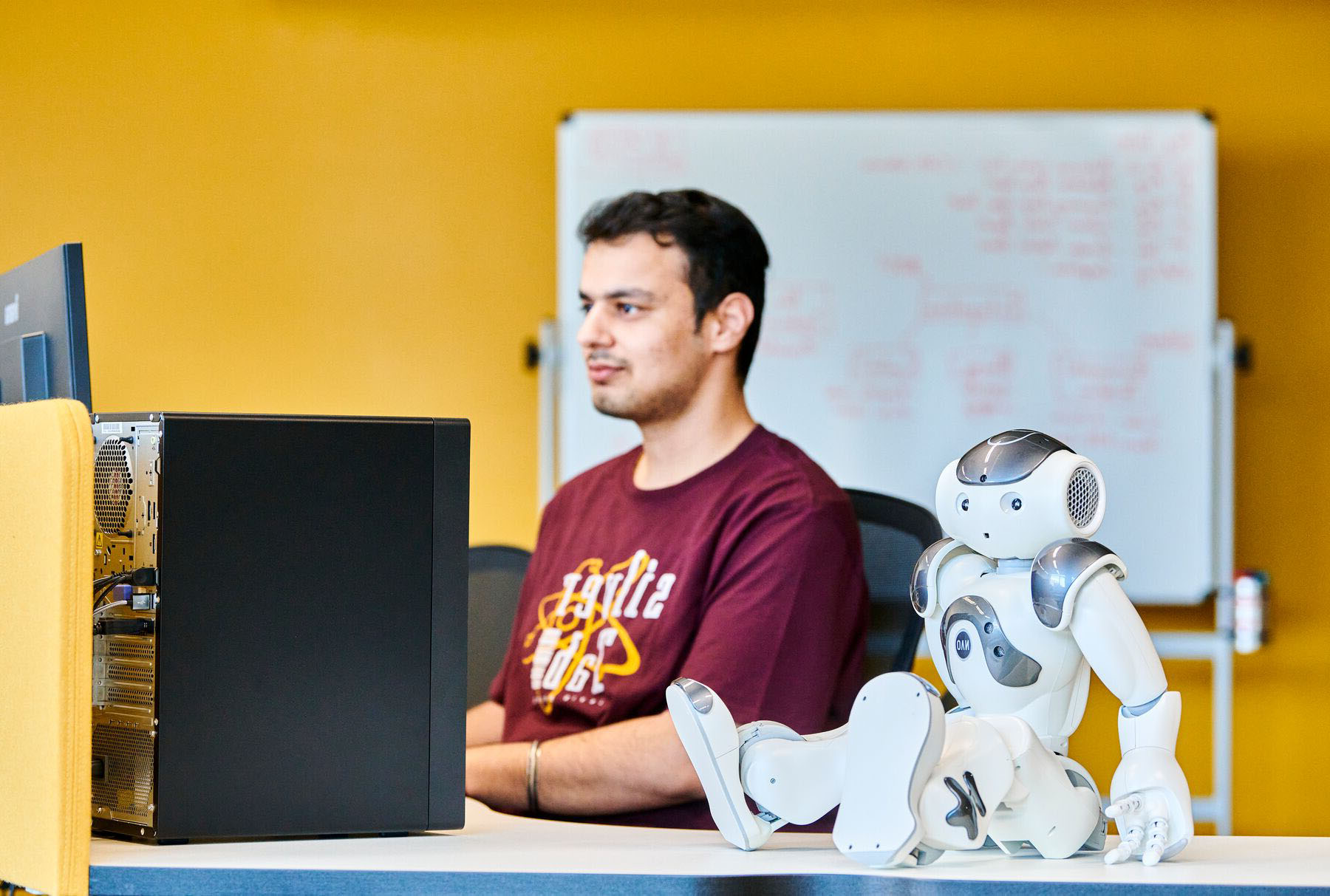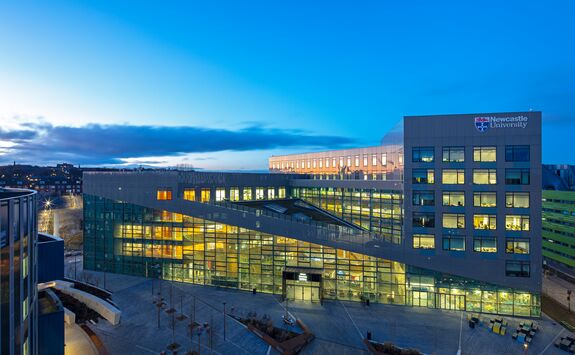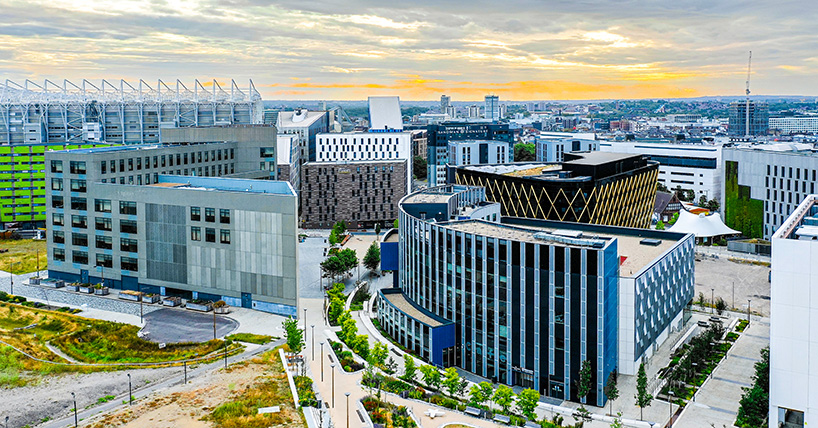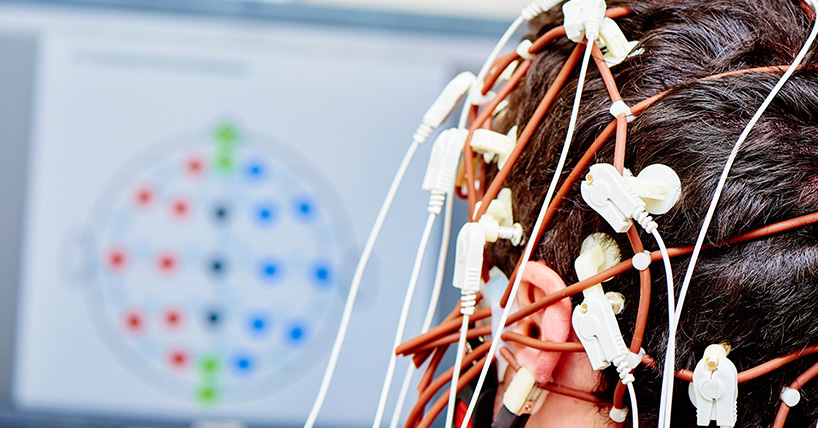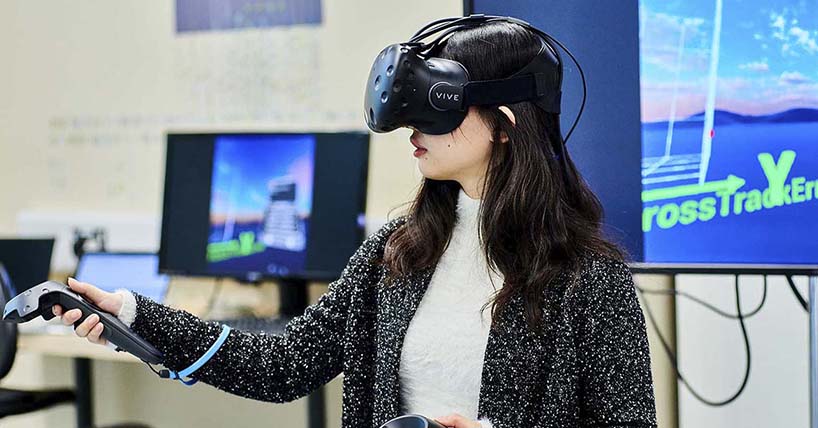Computing Workshops for Schools and Colleges
Browse our range of free workshops for North East school students from year 4 to year 13. We combine computer science with real-world problem solving to help boost digital skills in your classroom.
Meet the team
Our team has over 10 years’ experience delivering workshops to local schools and colleges. Our workshops are led by experienced staff and enthusiastic students from the School of Computing.
Our team includes:
- Team lead: Chris Napier
- Bartosz Kawecki
- Kirsty Rutherford
- Louise Talbot
- Staff from the School of Computing
Got a question? Email us at cs.outreach@ncl.ac.uk.
Workshops and activities
We offer free workshops for primary, secondary and further education students in the North East. All sessions are hands-on, engaging and designed to develop key digital and computational skills. We also tailor each session to the year attending.
Visit bursary support: The university can help cover transport costs for state-funded schools and colleges.
Group size: Up to 60 students per workshop (depending on activity selected)
Explore some of our workshops below — with more exciting new sessions being developed for 2025–2026.
Understanding networks: Communicating using binary
Year 4 and above
Length: 1 – 2 hours
The modern world is built on computer networks, from cloud computing to big data to social networking.
These systems connect many different types of devices and systems that all talk different "computing languages" over networks that can fail in many ways.
In this hands-on session, we will develop protocols to communicate with each other across a network and explore problems in networking and how to solve them.
MBot programming using a block-based language
Year 4, 5 and 6
Length: 2 hours
MBot is a free block-based programming tool.
It provides an accessible introduction to physical computing using a programming environment familiar to primary school students.
It also converts programs to their equivalent in Python.
In this session we will explore sequencing, patterns, repetition and abstraction through a variety of activities such as avoiding obstacles and following lines.
Driverless cars: Programming a robot using C++
Years 11, 12 and 13
Length: 2 hours
The world of driverless cars is coming. These systems are based on programming robots to sense their environment.
You’ll learn how to use C++ to program robots that can:
- avoid obstacles
- follow lines
- sound warnings and flash lights when dangers are near
C++ is an industry standard programming language
Bespoke workshops
Need something tailored for your students? With enough notice, we can create custom workshops for smaller class sizes.
Contact us at cs.outreach@ncl.ac.uk to discuss options.
Other activities
Throughout the year, we may offer other opportunities to take part in activities. During school holidays, we organise ‘Open Days’ where parents and guardians can bring their children to take part in small taster sessions.
How to book
Complete our online form to book a workshop. A member of our team will be in touch.
For any questions, or more information, contact us at cs.outreach@ncl.ac.uk.
